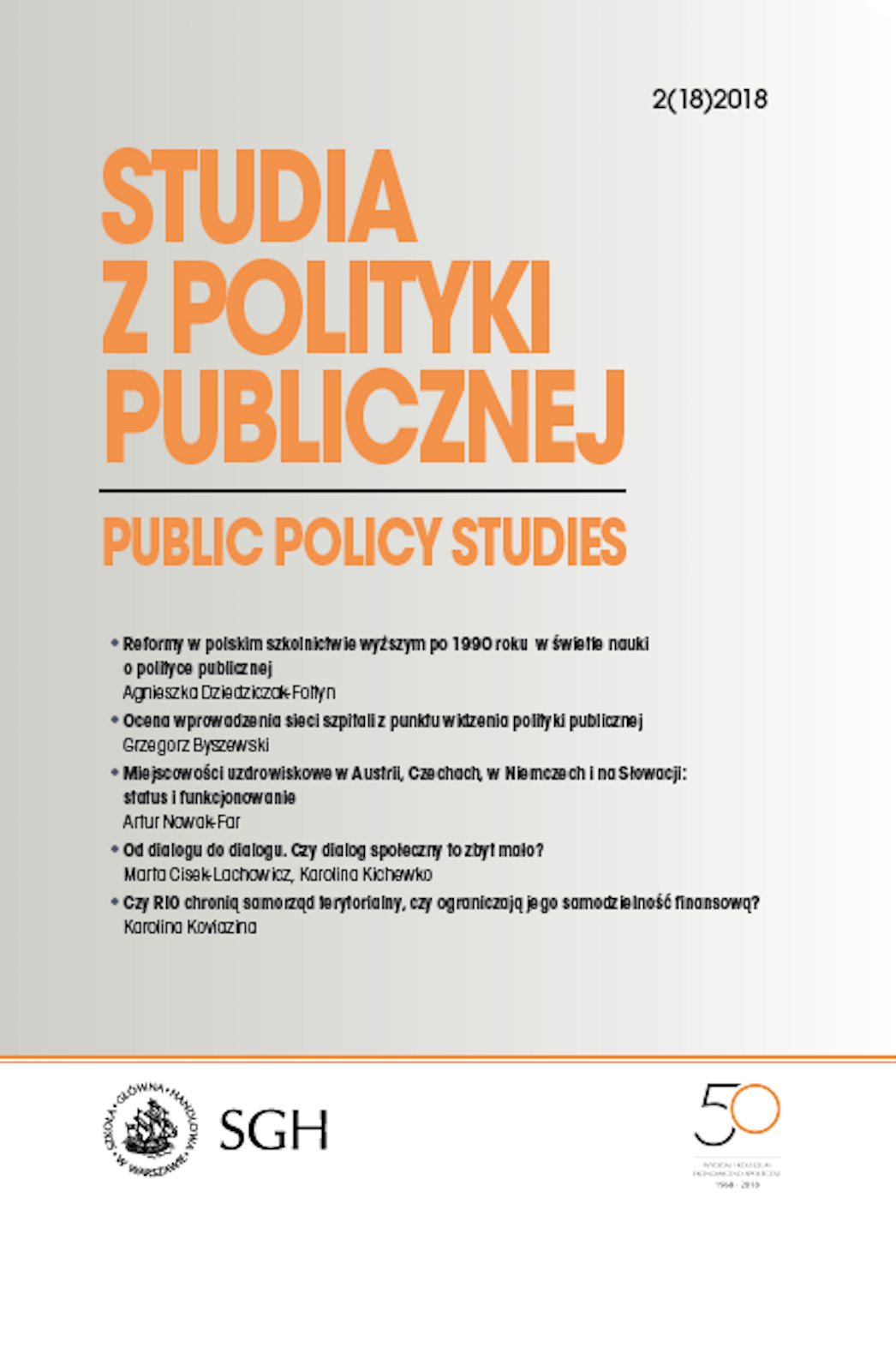Adam Smith a znaczenie uczuć moralnych dla polityki i nauk o gospodarce
Adam Smith and the importance of moral sentiments to politics and the economic sciences
Author(s): Grzegorz SzulczewskiSubject(s): Politics / Political Sciences, Philosophy, Economy
Published by: Szkoła Główna Handlowa w Warszawie
Keywords: Adam Smith; moral sentiments; sympathy; selfishness; self love; capitalism
Summary/Abstract: The ethical analysis of The Theory of Moral Sentiments as well as 'n Inquiry into the Nature and Causes of the Wealth of Nations presents A. Smith's (1723-1790) works in a completely new light than it is conventionally presented in the neoliberal interpretation. One of the most important issues appears to be the classification of moral sentiments. He divides them into social, neutral, and antisocial. The neutral sentiment - the so-called 'self love' forms the basis of acting in the best interests of oneself and as such it constitutes the foundations of the development of entrepreneurship. This can be transferred into an antisocial sentiment, i.e. selfishness. In such a case it has a devastating influence on economic activity, social life as well as public life. For this reason A. Smith shows the importance of the social emotion of sympathy understood as empathy and the acceptance of the behaviours that are acknowledged as proper. As the findings of his analysis clearly show, selfishness was the characteristic trait of the businessmen at that time, i.e. merchants and the owners of manufacturing plants. With reference to the works of A. Smith we should therefore identify and then describe all the psychological as well as economic mechanisms that in effect postpone or minimise the chances of the transformation of self love into selfishness, i.e. the activities based on rational economic grounds into the ones that are driven by mere greed. The interpretation of the issue presented in the article questions the conventional neoliberal interpretation. The latter reiterates that in the works of A. Smith the most important ones are the sentences taken out of the context that define the state as a night watchman and the market that is controlled by the invisible hand. The ethical analysis holds that in the opinion of A. Smith alone, one of the most fundamental problems of capitalism lies in the fact that self love should be realised within the boundaries set by the community. The Theory of Moral Sentiments is so vital then, in which he analysed sympathy, social sentiment, and selfishness, i.e. an antisocial emotion, along with 'n Inquiry into the Nature and Causes of the Wealth of Nations, in which he addressed the issue of collective selfishness.
Journal: Studia z Polityki Publicznej
- Issue Year: 4/2014
- Issue No: 4
- Page Range: 143-155
- Page Count: 13
- Language: English, Polish

